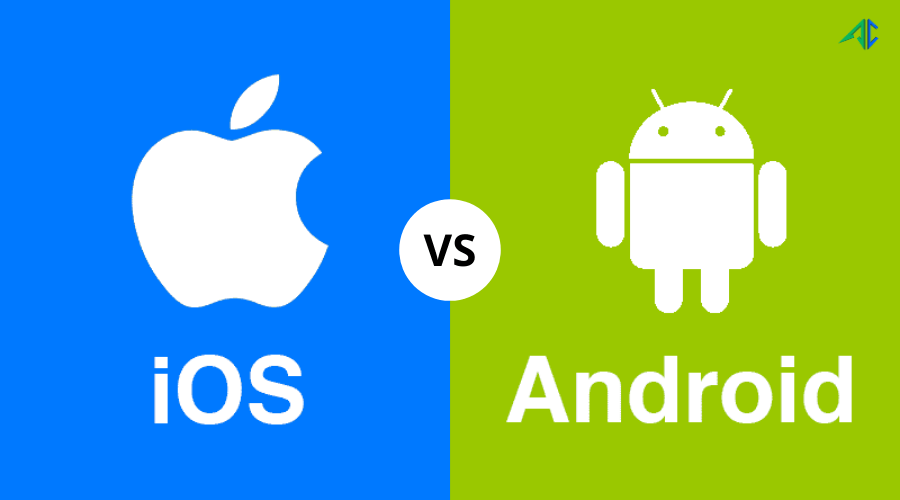
The choice between Android and iOS is one of the largest decisions in purchasing a new smartphone. Both sides have their followers, and both provide a distinct experience. Let’s divide them into broad categories:
🔄 Software Updates & Longevity
iOS:
Software updates are provided for 5–7 years on all supported devices by Apple.
All devices receive updates on the same day.
Even ageing iPhones get the latest features.
Android:
Software updates are manufacturer-dependent (Google, Samsung, etc.).
Google Pixel and Samsung now offer up to 7 years of updates, while most others provide fewer years.
Rollout of updates is staggered and may vary regionally and with the carrier.
Winner: iOS (for reliability and consistency in rollouts)
💡 Customization
Android:
Extremely customizable—change launchers, icons, widgets, and even ROMs.
Many phone makers (Samsung, Google, OnePlus, etc.).
Greater control over settings and app permissions.
iOS:
More uniform experience on every device.
Limited customization—basically through wallpapers, app icons, and widgets.
Emphasizes simplicity and consistency.
Winner: Android (for those who like to customize everything)
⚡ Performance & Speed
iOS:
Fine-tuned to Apple’s hardware, resulting in smooth, instant performance.
Fewer bytes used by operating system means less RAM needed.
Android:
Varying, depending on maker and model.
Premium models like Pixel and Galaxy fly along.
Winner: iOS (for its consistency across all devices)
🔐 Privacy & Security

iOS:
Stronger default privacy settings.
Apps must request permission to track.
Regular security patches to all supported devices.
Android:
Improved security in recent years with Google Pixel.
Fragmented updates—some phones get security patches late or not at all.
Winner: iOS
💰 Price & Value
Android:
- Enormous selection of phones at every price point—from low-end to ultra-high-end.
- Greater hardware choices at lower prices.
iOS:
- High-end pricing across the board, though older models still available at a discount.
- Extended software support helps offset the cost somewhat.
Winner: Android (for selection and affordability)
🔋 Battery Life & Charging
Android:
Occasionally improved battery capacity and faster charging (some boast 100W+ charging).
Universal USB-C compatibility.
iOS:
Improved battery management, especially with newer chips (e.g., A17 Pro).
It still uses Lightning (although iPhone 15 started using USB-C), and charging speed is typically slower.
Winner: Android (because of more flexibility and faster charging)
👥 Which Should YOU Choose?
Choose Android if:
- You want more control over your device.
- You need a budget-friendly or mid-range phone.
- You want fast charging and USB-C.
- You enjoy tweaking settings or using widgets.
- You value expandable storage (on some models) and headphone jacks.
Choose iOS if:
- You already use Apple products (Mac, iPad, Watch).
- You want the most secure and privacy-focused system.
- You prefer simplicity, consistency, and polished design.
- You want guaranteed long-term software updates.
🧾 Final Thoughts
At the end of the day, Android and iOS are both wonderful platforms. The decision is purely your needs, budget, and usage of your phone on a daily basis. Android provides you flexibility and variety, while iOS impresses you with its silky-smooth experience and longevity.